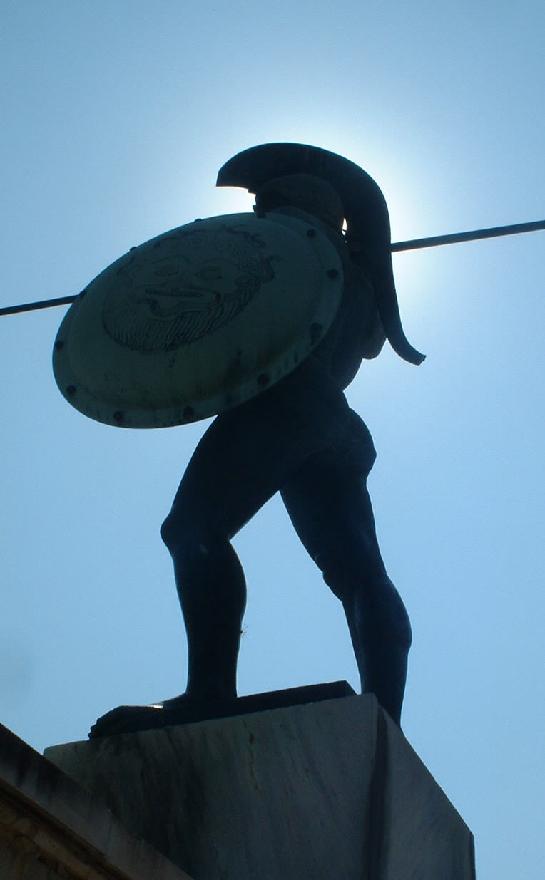| HISTORY
122--ONLINE TEXTS
The readings for this
class
are often difficult,
and most students will do better if they have a hard copy of each text
so that they can underline important passages and add their own
marginal
notes. However, there are online versions of most of the primary
source texts, and if you are used to reading online materials, these
may
be sufficient for you.
DESCARTES:
Discourse
on Method
If you enjoy Descartes, you might also want to look this excellent online edition of his Meditations on First Philosophy. |
 |